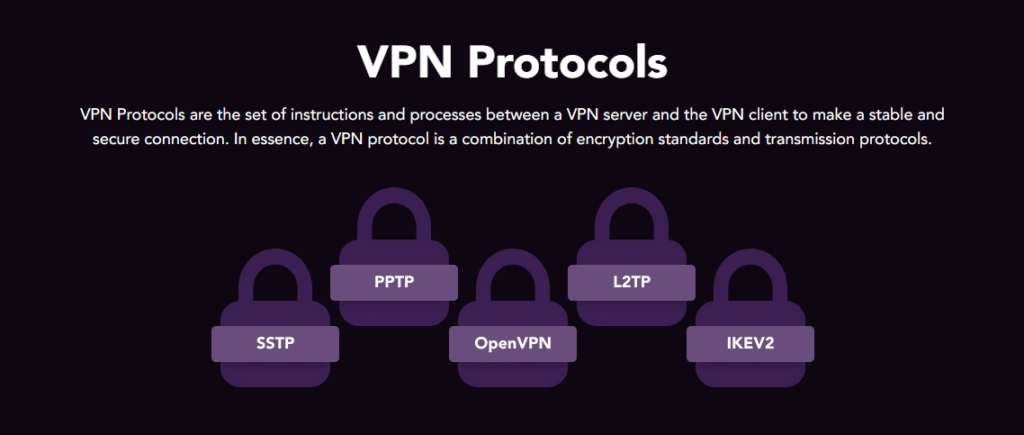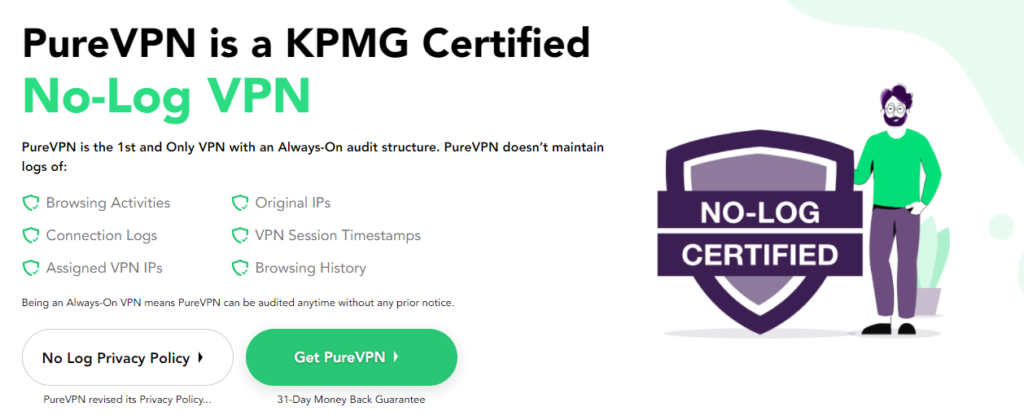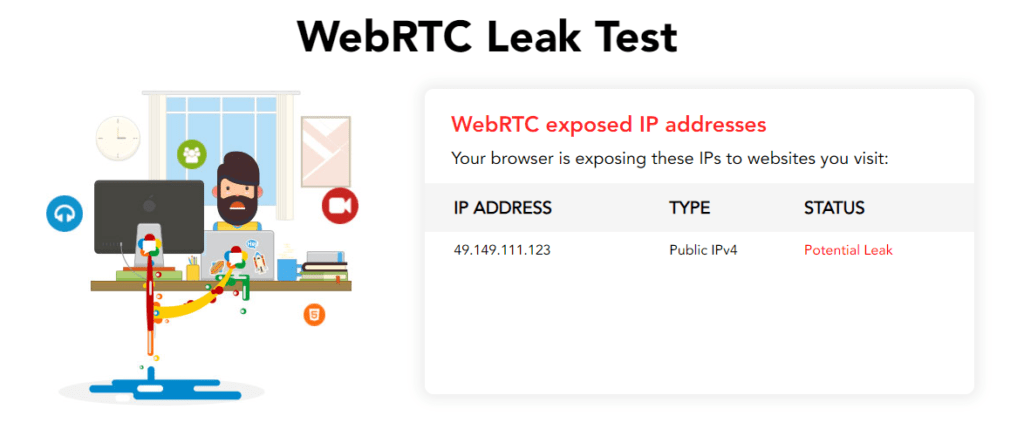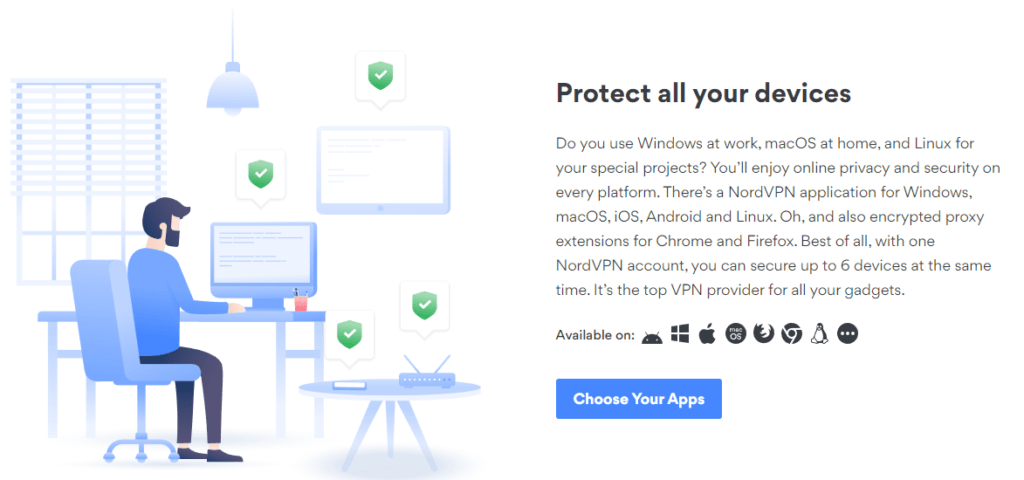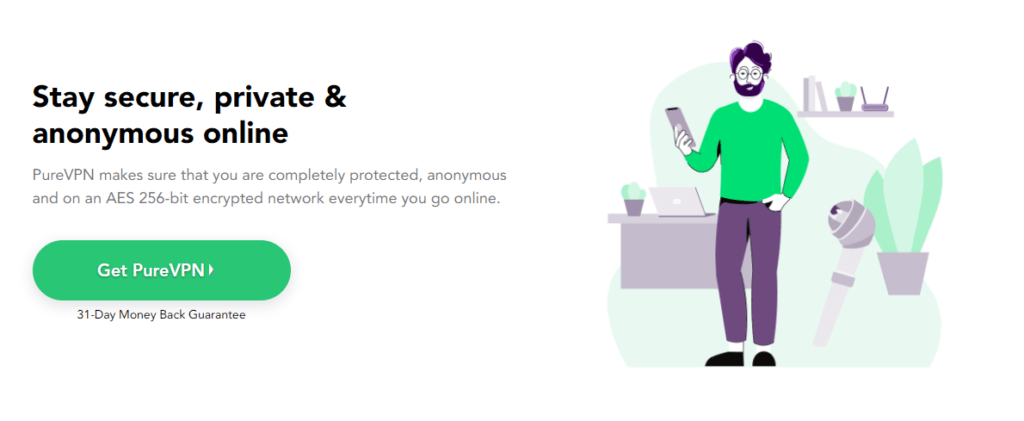How do I know if my VPN is secure?
We live in a modern world where privacy is scarce because almost every device or service we use collects our personal information for financial gains. Luckily, we have tools such as VPNs available, which allow us to protect our privacy by hiding our IP Address which is basically your digital address. Now when it comes to VPNs, there are tons of them available, and sadly not all of them are not secure as you think. So, if you are interested in getting a VPN and wondering how I know if my VPN is secure, this guide is for you. In this VPN Guide, we will tell you about the major factors which you can use to determine if a VPN is secure or not. Let’s get started.
How to tell if a VPN is Secure?
There are dozens of VPN services available out there, and most of them claim to be secure. If you want to see if your selected VPN service is secure, you can check the following things, and they will give you an idea about the security and privacy level of a VPN Service.
 VPN Protocols
VPN Protocols
Let’s start with VPN Protocol which is arguably one of the most important components of any VPN service, and it’s the very first thing you should consider when choosing a VPN. VPN Protocol is basically an encryption protocol that determines the encryption level and how the data will travel between the VPN Servers and the connected devices.
VPN Protocols are very important because they make sure that no one can track your activity, and there are different types of VPN Protocols available out there. The old ones are outdated, and they are already cracked by hackers, which means if you are using one of the old protocols, hackers can easily crack them and snoop on your traffic. So, it’s very important that your VPN Service should support the latest protocols, and you should also be using them.
Now you must be wondering which VPN Protocols are the best. We will not get into complete details as we have already covered them in our guide, where we explained the different types of VPN Protocols and their Pros and Cons. However, in general, if you want the best security, you should consider an Open VPN. It’s considered one of the fastest VPN Protocols with the best security and great speed. On top of that, it’s also pretty secure, and according to public information, no one has been able to compromise this protocol.
Similarly, IKEV2 is also a pretty secure VPN Protocol, and it also offers great security and speed. It’s also comparatively easier to set up than Open VPN. However, the biggest problem with this protocol is that it tends to be blocked by firewalls pretty often, which can be annoying to some users. If you want to learn more about the other protocols, don’t forget to check our guide
Privacy Policy
Privacy Policy is another very important factor that you should consider when choosing a VPN, and it will give you an idea of how good a VPN is in terms of privacy. Ideally, a VPN service shouldn’t log any of your activity, and if it does, then there’s no benefit of using a VPN because it voids the purpose of using a VPN.
Now, the easiest way to check the privacy level of any VPN service is to check their VPN policy. All VPN services are legally bound to declare any information they track in the Privacy Policy, and by reading Privacy Policy, you can easily know if the service is tracking your data. Most free VPNs track their users’ activities because they share them with Advertisers and earn revenue. On the other hand, most Paid VPNs don’t record data, but still, it’s a good idea to check their Privacy Policy.
If the Privacy Policy states that they share data with their Partners or track your IP Addresses, you should conside another VPN Service because the VPN service will be sharing your data with Advertisers and logging your activities on the internet. So make sure that you only select a VPN with a very clear “No-Log Policy.”
Base of Operations
It’s a fact that many countries around the world have laws that affect our Privacy to track our activities. However, there are also countries that protect people’s privacy and make it difficult for anyone to track users’ activities.
Countries that are part of The Fourteen Eyes and other related alliances have agreed to cooperate with each other on surveillance operations, and any VPN service that operates in their jurisdictions is bound to share requested data with them. Consider this when chosing a VPN Service that doesn’t operate in the Jurisdiction of The Fourteen Eyes and operates from privacy-friendly countries such as Switzerland, Panama, and Malaysia. If you don’t want to spend hours checking the details of every VPN, you can check our top VPN Picks, which we have picked after thorough research and testing. How do I know if my VPN is Secure
Tests that you can run to check your VPN’s Security
In the above sections, we have explained how you can check if your VPN is secure. Now in the coming sections, we will share some tests which you can do to determine if your selected VPN is working or not. Make sure that you turn on the VPN before conducting the following tests.
![]()
WebRTC
WebRTC is basically the technology that allows Web Applications and browsers to share data with each other. Normally, it won’t be a problem, but if you don’t want the visiting website to know the details of your System, you can disable WebRTC. Most VPN Services have a WebRTC Protection feature which makes sure that your device doesn’t share the information with the visiting website or application. Now you can easily check WebRTC protection by visiting any WebRTC Online Test Tool and see if your browser is sharing data or not.
IP Address Leak Test
When you use a VPN, the service will assign a temporary IP Address to you, and it will mask your original IP Address. Now, if your want to check if your VPN is properly masking your real IP Address, you can conduct an IP Address Leak Test. Most VPNs have this tool available on their website, just visit any website with the IP Address Leak Test tool and check if your original IP Address appears on the site or not. If not, it means that your VPN is secure.
Which VPNs offer the Best Security & Privacy?
If you are looking for VPNs with the best Security & Privacy, you should consider the following VPNs.
NordVPN
NordVPN is the VPN with the best security & privacy. The service offers Military Grade Encryption and offers tons of VPN Protocols, including OpenVPN. It also offers the features such as DNS Leak Protection, Double VPN, Kill Switch, and others. Check NordVPN review on our website.
PureVPN
PureVPN is another very popular VPN with great security & privacy. It also offers State-of-the-art Encryption and the latest VPN protocols, which you can use to protect your activities. Also, it’s equipped with advanced privacy features such as Kill Switch, Split Tunneling, and WebRTC Protection, which make it a great option. You can also check PureVPN review on our website.
Conclusion
NordVPN and PureVPN are two of the most trusted and reliable VPNs in terms of security and privacy. You can also check other VPNs and evaluate them based on the factors we explained above. Also, don’t forget to check our VPN guides and reviews on our website. How do I know if my VPN is Secure
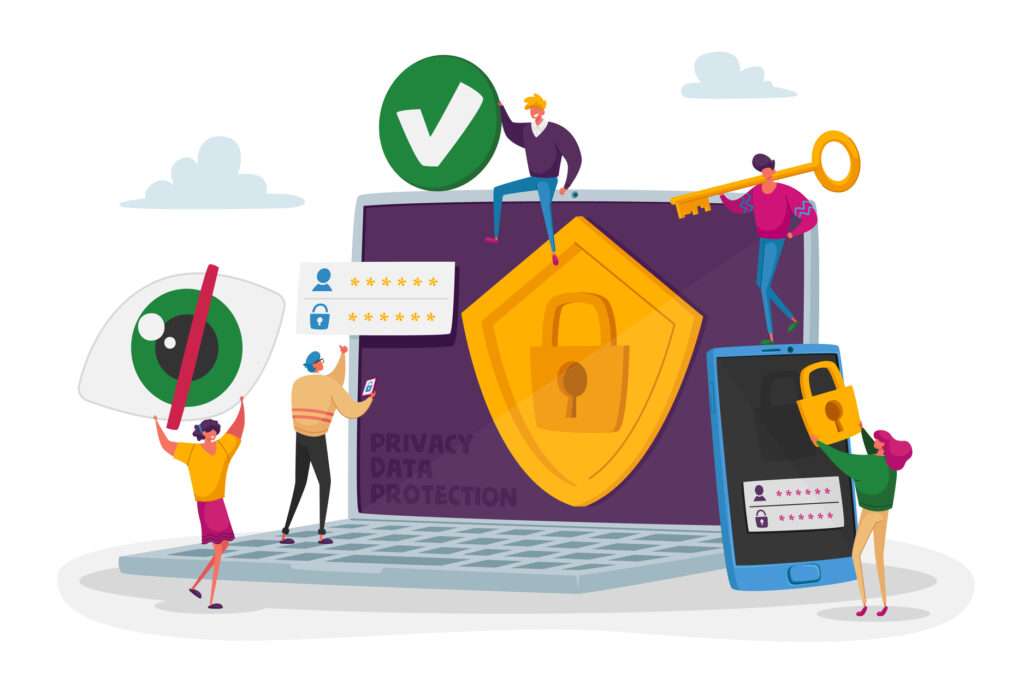

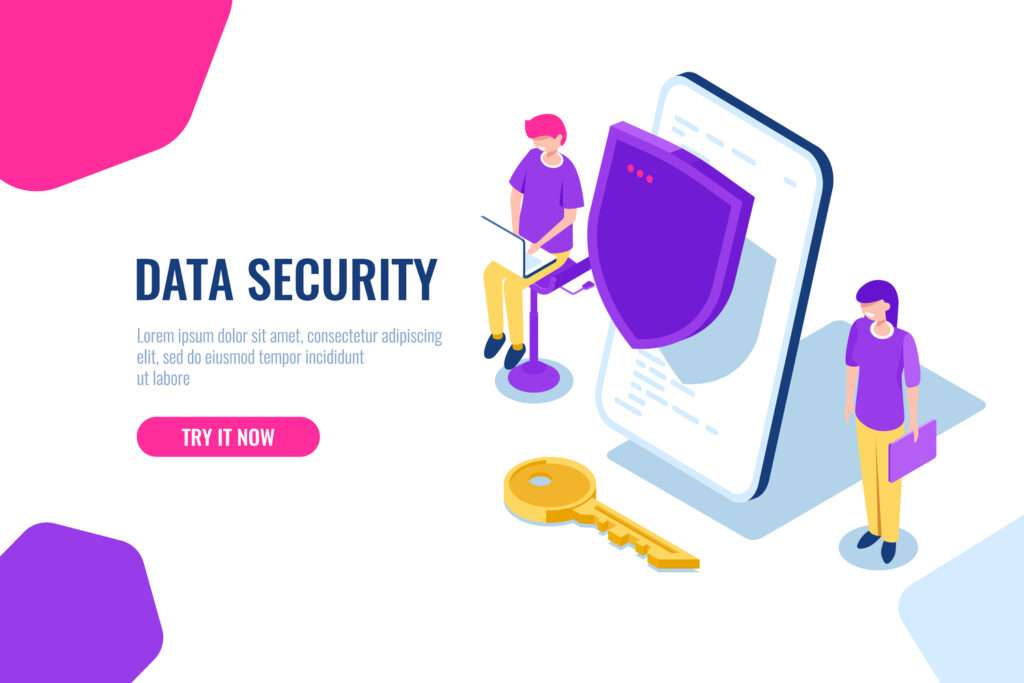 VPN Protocols
VPN Protocols